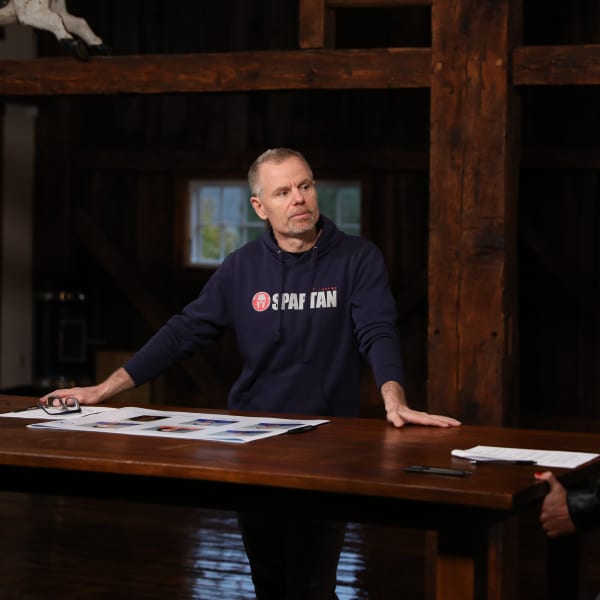It may sound crazy to talk about building wealth during a recession in which millions are struggling with unemployment and paying their bills. But financial expert Patrice Washington says that not only can Americans dig themselves out of debt right now, they can take steps toward building long-lasting wealth.
"It's really hard to think about how you can build wealth in the midst of a recession, and I think that a lot of times we assume it's about being a millionaire," Washington tells CNBC Make It.
But it's not. Building wealth is all about having the right mindset, Washington says. "A recession is how I actually built my whole life and career," she says. "I lost everything in the Great Recession and had to start over from scratch."
Here are four approaches Washington recommends working on now to set yourself up for financial success.
1. Forgive yourself
To really move forward from where you are now, you need to take stock of where you are financially and forgive yourself for any current debt or past financial missteps, Washington says.
"It is really easy in a season like this to beat yourself up about all the things you coulda, shoulda, woulda done, what you should have saved, what that you should have paid off," Washington says. But the reality is you're here now. Blaming yourself is not going to help you build wealth any faster. In fact, it may slow you down if you dwell on it instead of taking action.
2. Don't run from your debt
Next, face your debt. "This is time for you to look at all of your debt and everything that you owe and start to talk to your creditors," Washington says. That means digging through all your financials and getting a clear picture of what you owe, how much income you have coming in and how you can adjust your budget going forward to pay down the debt at a manageable rate.
It's tempting to avoid opening the credit card bills or answering the collections calls. Don't do it, Washington says. "The truth is, the sooner that you take control and you make the phone calls and you initiate those conversations, you're in the driver's seat again and you're more empowered to do the hard work."
3. Seek out experts
While you're finding your financial footing, it's important to surround yourself with good information, reliable resources and knowledgeable people, Washington says.
"I know for myself, in the height of the recession, it was easy to isolate and cut myself off from people because I didn't want to talk about where I really was," Washington says. "When you're in this place, you feel like you're the only one."
More from Invest in You:
Here's how not to make the most common money mistake of all
5 ways to pick yourself up and protect your finances after a job loss
But the truth is, a lot of people are struggling financially and there's no need for you to suffer in silence. The sooner that you can seek out a nonprofit organization to help you with your debt or talk to a financial planner or even human resources, the more in-control you will feel. By talking with some more knowledgeable folks, you may be able to renegotiate your interest or payment schedule or shift your financial picture around in other ways.
4. Evaluate your talents
At a time like this, so many Americans are dealing with unemployment, furloughs and trimmed work hours. "I know that it's really frustrating and it's scary and it feels very uncertain," Washington says. But now may actually be a good time to evaluate your own gifts, talents and skills. Maybe you can do something that was just a hobby at one point, but now you can dust off that skill and make some money off it.
One of the lessons Washington says she learned from the Great Recession was that it's important to discover what you're really good at and offer that in the marketplace. Ask yourself: How do I take my gift and use it to fill a void in the marketplace?
It's OK to start small — you don't need to become an entrepreneur with a business plan overnight. Maybe you start off by subsidizing your unemployment check or smaller paycheck you're getting at work. Right now, it's about getting creative with things that come to you naturally, Washington says.
"There are so many ways, especially online or in your local community, where you can offer those gifts, those talents, those skills to earn something," Washington says.
SIGN UP: Money 101 is an 8-week learning course to financial freedom, delivered weekly to your inbox.
CHECK OUT: How long $1 million would last you in retirement in the 3 most populous U.S. states via Grow with Acorns+CNBC.
Disclosure: NBCUniversal and Comcast Ventures are investors in Acorns.








